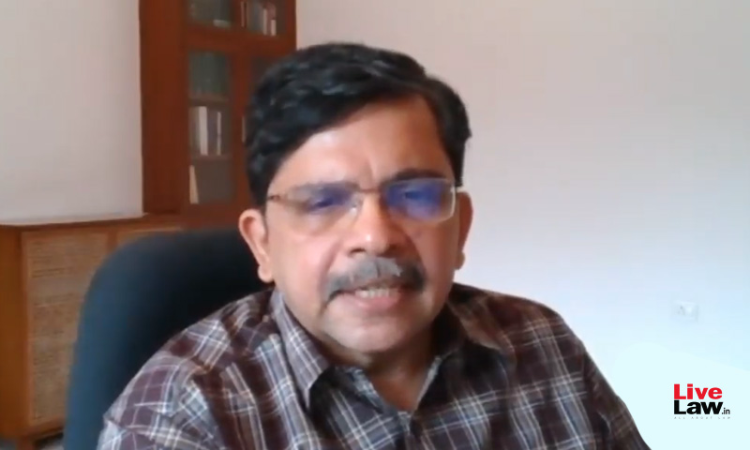Law Schools Must Teach Students To Question Abuse Of Power & Authority : Dr Justice S Muralidhar
LIVELAW NEWS NETWORK
12 Sept 2020 3:06 PM IST

"If a law school cannot teach a student to respect difference and dissent, it would have failed in a very fundamental way", he said.
Next Story


